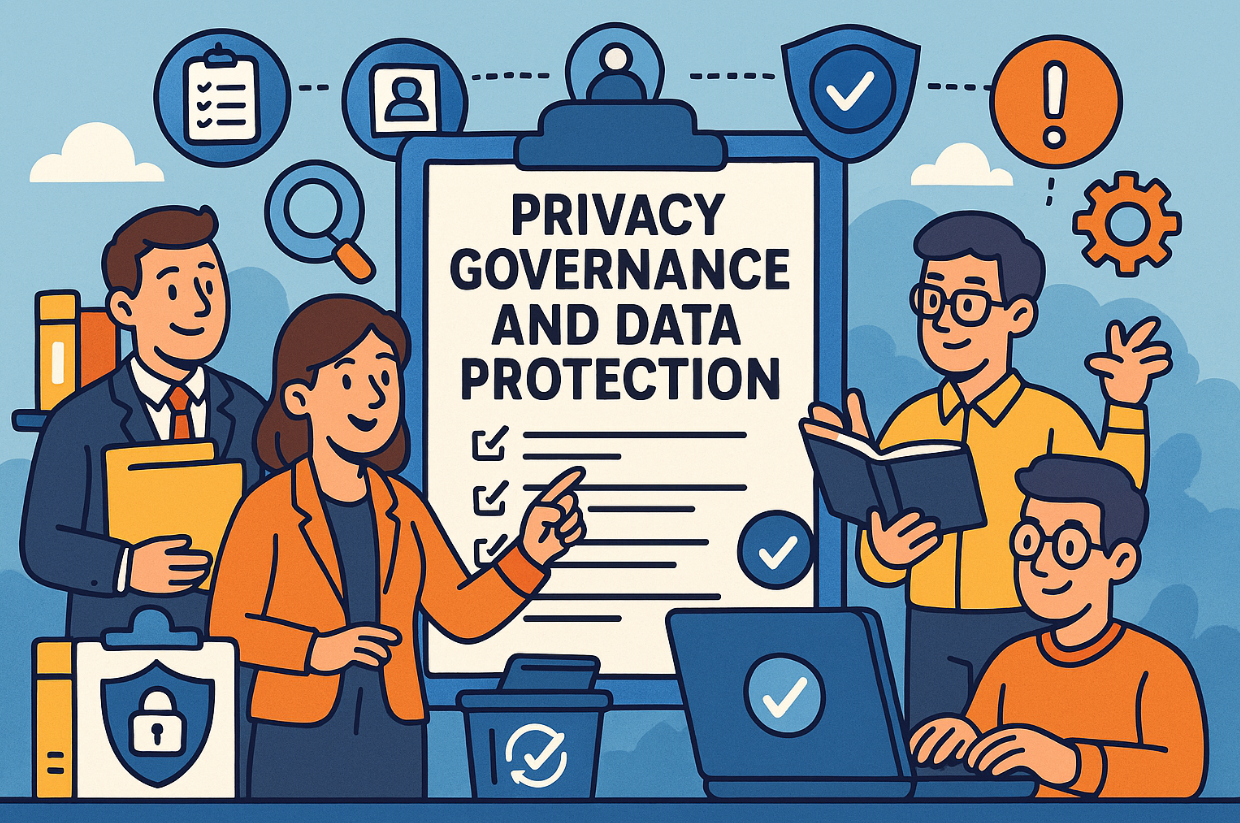Canadian Hospitality Group Faces Privacy Breach After Guest Data Exposure from Misconfigured Reservation Platform
The Challenge
MapleStay Hospitality Group, a national hotel and resort chain operating across Canada, experienced a significant privacy incident when sensitive guest information, including reservation histories, contact details, and payment tokens, was inadvertently exposed through a misconfigured third-party booking integration.
The issue originated from an unmonitored cloud environment linked to the company’s central reservation system (CRS). When the vendor deployed a new API for mobile check-in, improper access controls allowed public queries of guest records. The exposure went unnoticed for several weeks until external researchers alerted regulators and media outlets.
The breach triggered mandatory notification obligations under the Personal Information Protection and Electronic Documents Act (PIPEDA) and immediate inquiries from both clients and hospitality partners. Customer confidence eroded, loyalty program cancellations spiked, and the company’s reputation for trust and service excellence came under scrutiny.
An internal audit revealed that MapleStay’s security infrastructure was technically sound but lacked a formal Privacy Management Framework. There were no standardized data classification policies, privacy impact assessments for vendor integrations, or retention and minimization procedures governing guest data. Privacy accountability was decentralized, split among marketing, IT, and operations, resulting in gaps in oversight and response coordination.
The incident underscored the risks hospitality organizations face when customer experience innovation outpaces privacy governance.
Our Solution
Our Privacy and Data Protection team was engaged to design and implement a comprehensive Privacy Governance and Data Protection Program tailored to hospitality operations involving high volumes of personal and transactional data.
The engagement began with a privacy maturity assessment to identify governance weaknesses, vendor management risks, and data lifecycle blind spots across digital and in-person operations.
Key corrective measures included:
– Development of a Privacy Management Framework aligned with PIPEDA, ISO/IEC 27701, and GDPR principles, formalizing accountability across corporate, franchise, and property-level systems.
– Creation of a Data Inventory and Classification Register encompassing guest, employee, and loyalty program data across all platforms.
– Implementation of Privacy Impact Assessments (PIAs) for all new digital initiatives, vendor contracts, and mobile app features.
– Deployment of Data Minimization and Retention Controls to ensure defensible deletion of outdated guest records and payment tokens.
– Integration of a Breach Response Playbook defining notification procedures, escalation paths, and post-incident documentation protocols.
– Delivery of privacy and accountability training for IT, front-desk, and marketing teams to reinforce privacy-by-design principles and lawful data handling.
All measures were embedded within operational processes to ensure that privacy became a sustainable business practice rather than a reactive compliance function.
The Value
Within six months, MapleStay Hospitality achieved full compliance validation and a measurable rebound in customer trust:
– 100% alignment with PIPEDA and ISO/IEC 27701 standards following independent privacy audit.
– 85% reduction in privacy-related incidents through automated access control and centralized data inventory.
– Restored loyalty participation and improved client retention following transparency-driven communications campaigns.
– Streamlined vendor governance, with mandatory privacy addenda and third-party risk assessments embedded into all procurement cycles.
– Renewed insurance coverage and improved standing with travel partners requiring verified privacy assurance.
By integrating privacy governance into its guest experience strategy, MapleStay re-established its reputation as a secure, ethical, and guest-centric hospitality brand.
Implementation Roadmap
1. Assessment (Weeks 1–3): Conduct privacy maturity and data flow review; map personal information assets and vendor dependencies.
2. Framework Design (Weeks 4–6): Develop Privacy Management Framework, define PIAs, and establish governance accountability.
3. Deployment (Weeks 7–12): Implement classification tools, retention schedules, and incident management protocols.
4. Training (Weeks 13–16): Deliver targeted privacy awareness and compliance training to staff and franchise operators.
5. Continuous Improvement (Ongoing): Conduct quarterly privacy audits, vendor reviews, and compliance reporting to leadership.


